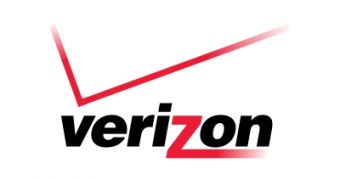Cable service providers offer their customers packets, and while some of them group channels according to category, they still offer whole sets, of which not all channels may be of interest.
Verizon may be the first with the required boldness to change this, at least according to a rumor coming from The Wall Street Journal.
The company is seeking partnerships with several “midtier and smaller” media companies in regard to paying for channels based on the number of subscribers that actually sell them, rather than a set rate.
This could cause an increase in price, but may also stabilize them or lower them according to the interest shown.
On the surface, this all looks like something that will directly affect only cable service providers (from the United States).
It is they, after all, that are forced to offer less watched channels if they want to be allowed to air more popular ones too.
If Verizon changes the payment method in the way described above, it would suggest that cable providers wouldn't operate within tight confines anymore.
By extension, it might even lead to contract negotiations between said providers and individual customers, at the end of which the man, woman or family will get a list of precisely the channels they are interested in, no more and no less.
This would, in theory, endanger less popular broadcasts, but it would also give TV watchers more control over what they have available for virtual entertainment, and of how much they have to pay for it.
Viacom (VIAB), Comcast (CMCSA) and others that have been bundling unpopular channels together are slowly losing the fight with cable companies.
Cablevision (CVC) has recently filed suit against Viacom, for example, and Verizon's new idea could spell even more trouble for traditionalists. A “disruptive” payment model indeed.

 14 DAY TRIAL //
14 DAY TRIAL //